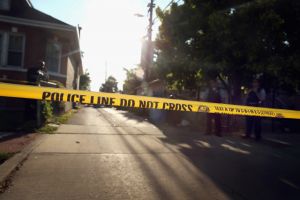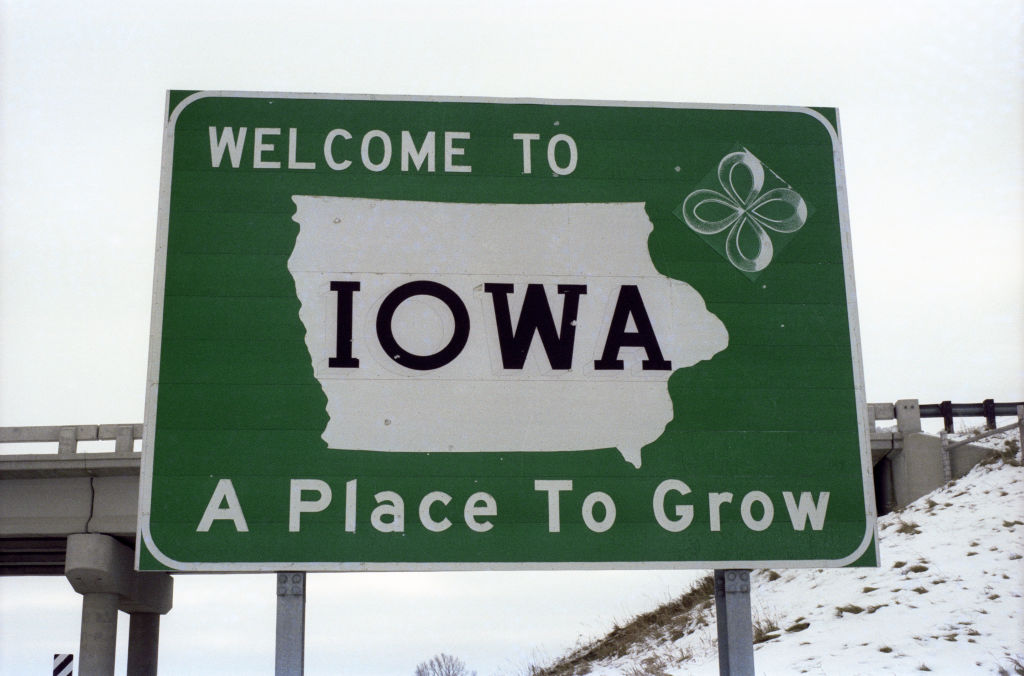
Source: Scott Olson/ Getty
As a teen in the “War on Drugs” 1980s, I remember being almost jubilant on those rare occasions when the local news showed a criminal suspect who was not Black.
Even though the Central Florida area where I lived was less than 12 percent Black, the local news seemed to suggest that only Blacks committed crimes in our region. The consensus in my lower middle-class Black community was that pervasive stereotypical images of Black people were staples of the mainstream media. We also believed mainstream media negatively influenced people of all races and occupations to subconsciously adopt these stereotypical images as universal truths. The people I knew had about as much trust in the mainstream media to portray Black people, especially Black males, fairly and accurately as they had in the criminal justice system to be impartial and equitable.
The recent police killings of Michael Brown, Eric Garner, Tamir Rice and Walter Scott seem to be changing these views. The mainstream media seems to be pulling ahead of the police in the surreal “who should Black people trust more” mindset. I’m a lawyer and even my first thought after viewing the video of Scott being shot multiple times in the back was, “Giving the video to the media instead of the police was a very smart move.”
My second thought was, “Another sad indictment of our criminal justice system when witnesses, family members, and even lawyers choose the ratings driven mainstream media over the justice system as the most likely arena for a fair review of the evidence in criminal cases involving a Black victim.”
These two very different sentiments are telling of the complexity that arises when dealing with sensitive material that will ultimately be used to determine the fate of the police officer involved. There is no easy answer.
Why Giving Video To Media Is A Good Idea:
– Giving the video to the media first was smart because it prevented the officer from aligning his version of events with what was depicted in the video and it prevented the police from withholding the video from the public.
– Secondly, the paramount principles of a fair criminal justice system are as follows: an impartial investigation and transparency. Yet, in many of these cases, we have seen the police attempt to withhold police reports, 911 tapes, videos, and other evidence from public scrutiny by declaring an investigation is “on-going,” even after they have announced to the media and the victim’s family members and lawyers the decision has been made not to prosecute.
– We have also seen police gather all available information and conform their reports and/or testimonies to the facts gathered. Evidence that the video contradicts the initial police reports filed by police in the Walter Scott killing will play an important role in Officer Michael T. Slager’s murder trial. However, this evidence might not exist had the police known about the video before they made their initial reports.
Why Giving The Video To The Media Is A Sad Reflection Of Our Justice System:
– The decision to release the video to the media first was a sad indictment of our criminal justice system because, though many Black people have a significant lack of trust in both the media and the police, it seems the media is now the venue of choice for detailing evidence in cases involving police brutality by those seeking justice.
– For many, the media is a platform for broadcasting information that the police seem to be determined to conceal. Where the police are now viewed as suppressors of information, the media is seen as diametrically opposite in its thirst to broadcast every iota of information, including irrelevant information, to keep a story going. While many still fear that images will be manipulated and words misconstrued in the media, they also feel there is a greater likelihood of being harassed, abused and even arrested for going to law enforcement with evidence of an officer’s misconduct.
The support shown to Walter Scott’s family for giving the video directly to the media and bypassing the police shows that, at least to some in the Black community, the media is the lesser of two evils.
Maybe one day we’ll live in a world where we won’t have to bypass the police when we’re in need of help.
Natalie Jackson is an Orlando-based attorney and former Naval Intelligence Officer who practices in the areas of Civil Rights and Personal Injury. She was local co-counsel for the family of Trayvon Martin.
PHOTO CREDIT: Getty























